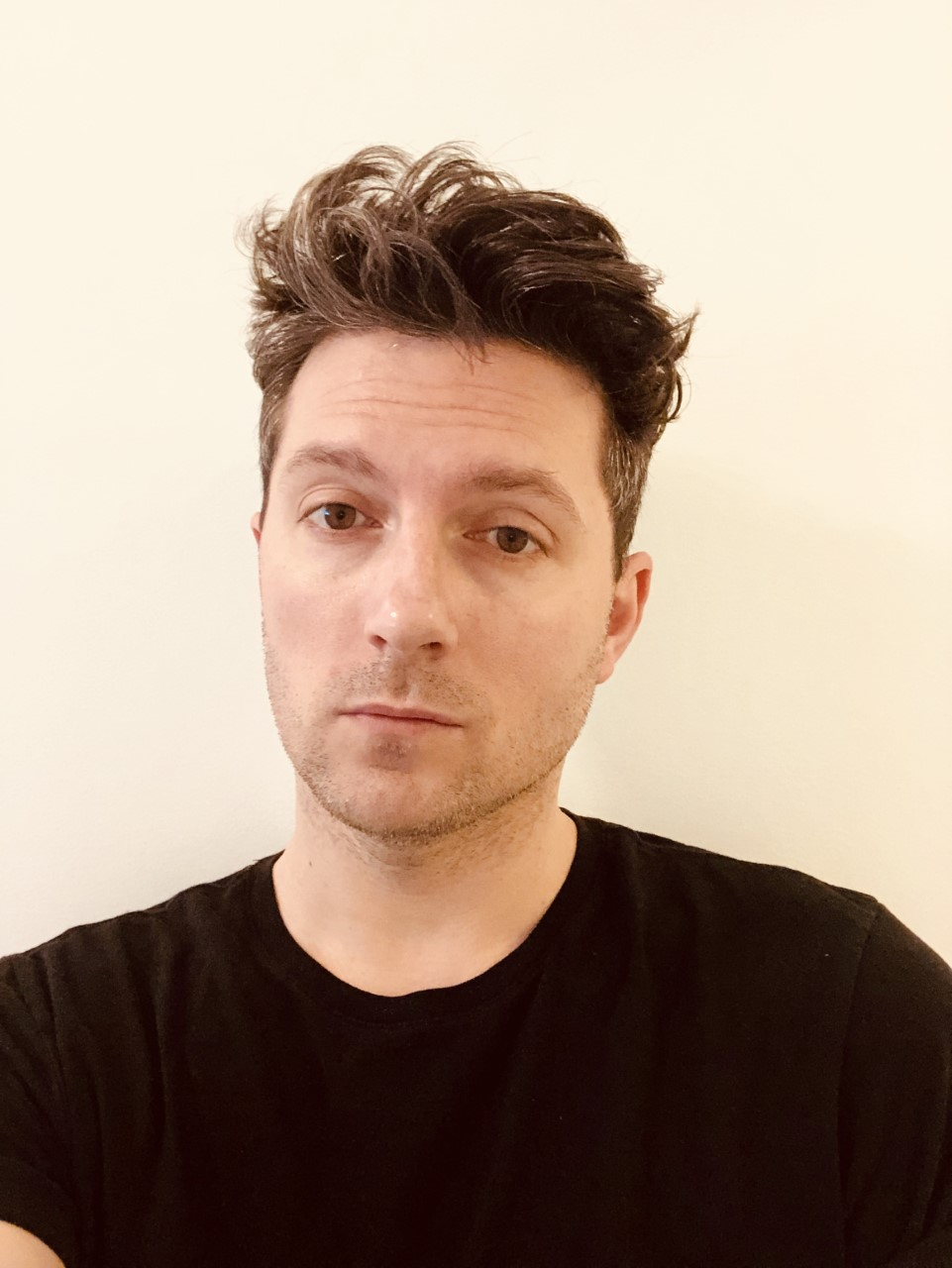

Earlier this spring, Emilia Clarke announced that she had co-written a comic book for Image Comics. The indie creator-owned publisher described the three-issue miniseries as Deadpool meets Fleabag. But at the time, Clarke was vague about her hero’s powers. “There’s many, many things that she can do that are pretty cool,” she told Entertainment Weekly of Maya, the single mother at the center of M.O.M.: Mother of Madness.
But with the series, which was co-written by GLAAD Media Award nominee Marguerite Bennett and drawn by artist Leila Leiz, due out next month, the Game of Thrones star is getting a little more candid. Maya’s superpowers, Clarke tells Variety, are linked to her menstrual cycle. “We hate that when it happens, speaking for myself and everyone I’ve ever met who has had a period,” she says. “What if we turned that around and made the period something that we can feel as this unique, crazy, superhuman thing that happens in our body? When Maya is scared, she goes invisible, when she’s angry, she has superhuman strength. She can swing like Spider-Man from her armpit hair.”
Clarke says the idea for M.O.M. came from her memories of feeling unwelcome in comic book shops as a kid. “There weren’t a lot of women on the covers, and there weren’t a lot of women in the shops,” she recalled back in April. “So I didn’t feel safe to explore it at that age.”
But after attending Comic Con with Game of Thrones for years and learning of the vast disparity between the number of female comic book readers (roughly half) and female comic book creators (16 percent) in the industry, she decided to create her own, uniquely feminist series. “It’s been a very beautiful female experience in the creation of it, and a phenomenally creatively fulfilling process,” she told EW. “But the biggest reason why I wanted to make this comic is because I wanted young girls to look at a woman that was fallible. Obviously, you’re seeing that a lot in the industry; you’ve got all of these incredibly empowering female shows. But I just felt like I hadn’t seen it in this genre.”














